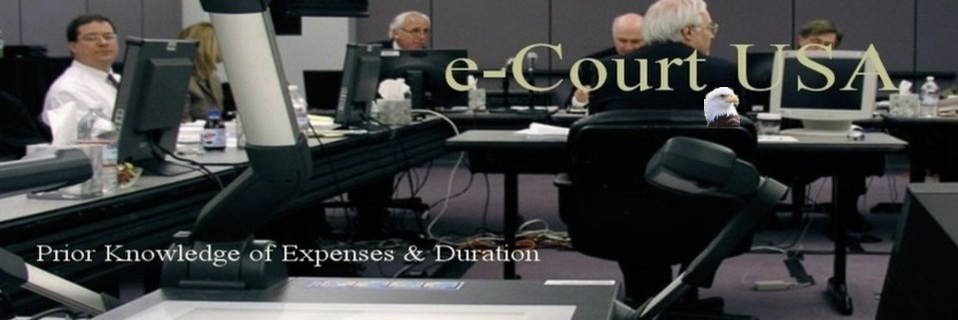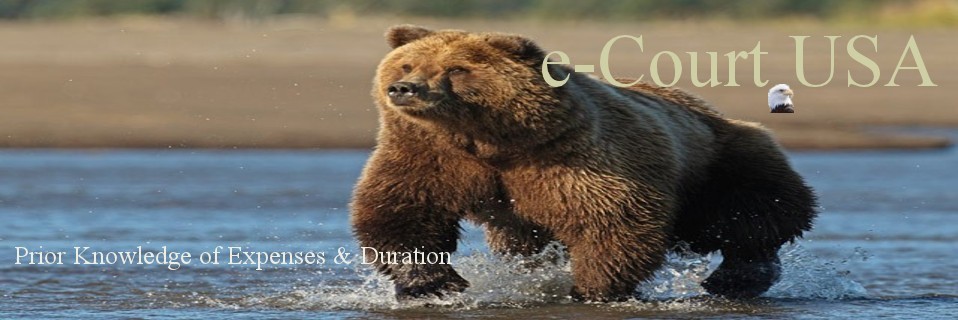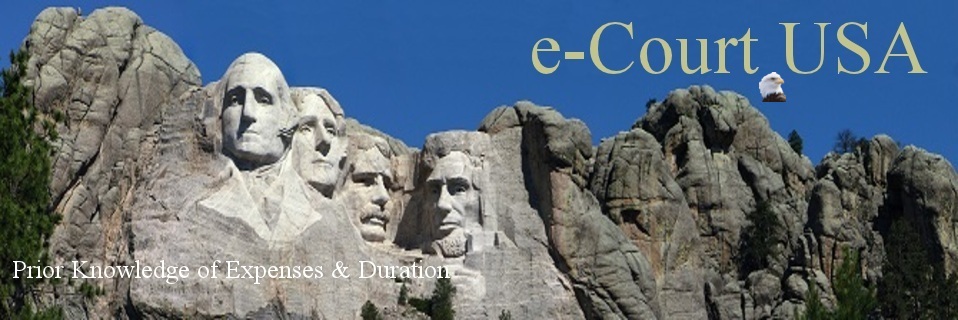Labor arbitration
Arbitration has also been used as a means of resolving labor disputes for more than a century. Labor organizations in the United States, such as the National Labor Union, called for arbitration as early as 1866 as an alternative to strikes to resolve disputes over the wages, benefits and other rights that workers would enjoy. Governments have also relied on arbitration to resolve particularly large labor disputes, such as the Coal Strike of 1902. This type of arbitration, wherein a neutral arbitrator decides the terms of the collective bargaining agreement, is commonly known as interest arbitration. The United Steelworkers of America adopted an elaborate form of interest arbitration, known as the Experimental Negotiating Agreement, in the 1970s as a means of avoiding the long and costly strikes that had made the industry vulnerable to foreign competition. Major League Baseball uses a variant of interest arbitration, in which an arbitrator chooses between the two sides' final offers, to set the terms for contracts for players who are not eligible for free agency. Interest arbitration is now most frequently used by public employees who have no right to strike (for example, law enforcement and firefighters).
Unions and employers have also employed arbitration to resolve employee and union grievances arising under a collective bargaining agreement. The Amalgamated Clothing Workers of America made arbitration a central element of the Protocol of Peace it negotiated with garment manufacturers in the second decade of the twentieth century. Grievance arbitration became even more popular during World War II, when most unions had adopted a no-strike pledge. The War Labor Board, which attempted to mediate disputes over contract terms, pressed for inclusion of grievance arbitration in collective bargaining agreements. The Supreme Court subsequently made labor arbitration a key aspect of federal labor policy in three cases which came to be known as the Steelworkers' Trilogy. The Court held that grievance arbitration was a preferred dispute resolution technique and that courts could not overturn arbitrators' awards unless the award does not draw its essence from the collective bargaining agreement. State and federal statutes may allow vacating an award on narrow grounds (e.g., fraud). These protections for arbitrator awards are premised on the union-management system, which provides both parties with due process. Due process in this context means that both parties have experienced representation throughout the process, and that the arbitrators practice only as neutrals. See National Academy of Arbitrators.
Arbitration in the United States

-
TOPICS:
- ABOUT e-COURT
- home
- preliminary information
- introduction ( About us )
- benefits
- scope of legal areas
- directorate
- supervisory board
- advisory council
- originating partners
- e-Court & ADRpartners
- articles of operation
- privacy
- legal information
- copyright
- in the news
- ( e-Court versus ADR )
- COSTS
- *** introduction
- *** membership
- *** court fees
- *** ESCROW FEES
- *** hearings costs
- *** attestation costs
- *** extrajudicial costs
- *** legal counsel fees
- *** subsequent costs
- frequently asked questions
- OFFLINE NETWORKING















